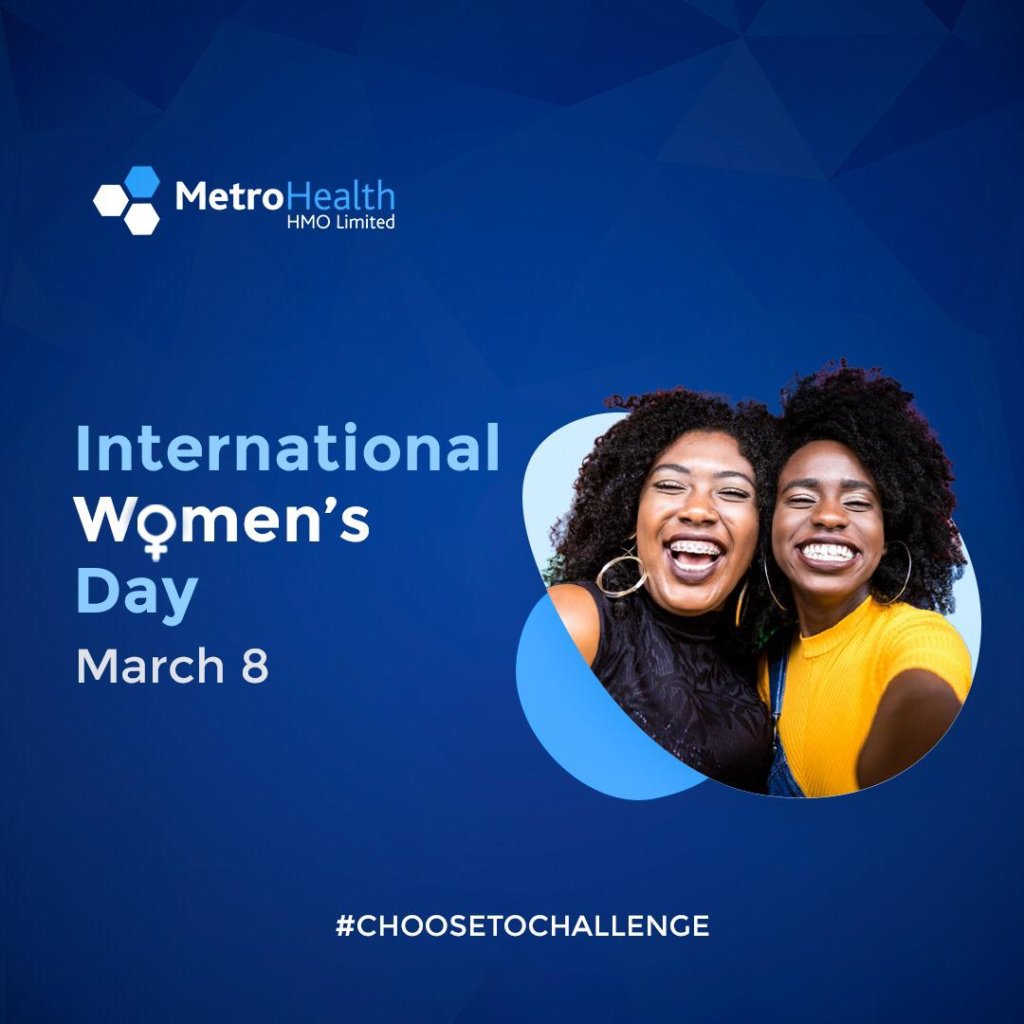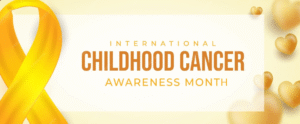Today March 8, 2021 marks International Women’s Day. This year’s theme is #ChooseToChallenge.
It is a day that celebrates the social, economic, cultural, and political achievements of women across the world. Today also represents a call to action for accelerating women’s equality.

We are encouraged to #ChooseToChallenge by calling out gender bias and inequality. We can all choose to seek out, celebrate women’s achievements, and all help to create an inclusive world. A challenged world is an alert world and from challenge comes change. So let us all choose to challenge ourselves. Individually, we are all responsible for our thoughts and actions – all day, every day.
Some of these issues include:
- ACCESS TO EDUCATION: According to UNESCO estimates, 132 million girls are out of school, 34.3 million of them are of primary school age, 30 million of lower-secondary school age, and 67.4 million of upper-secondary school age around the world. This number represents a huge pool of untapped girl power.
- EMPLOYMENT OPPORTUNITIES: Even in a country as wealthy and developed as the United States, women still experience inequality in the workforce. Globally, the gender gap is even wider: women earn only one-tenth of the world’s income despite working two-thirds of the total work hours.
- REPRODUCTIVE HEALTH: 225 million women in developing countries have an unmet need for family planning, contributing to 74 million unplanned pregnancies and 36 million abortions every year, according to figures cited by Women Deliver, a women’s advocacy group.
- GENDER-BASED VIOLENCE: According to the WHO, 1 in 3 women experiences physical or sexual violence in their lifetimes.
- CHILD MARRIAGE: An estimated 140 million girls became child brides between 2011 and 2020. A girl who marries before age 18 is typically denied an education, is at risk of complications related to premature childbearing, and is more vulnerable to intimate partner violence.
- FEMALE GENITAL MUTILATION: Female Genital Mutilation (or FGM) as defined by WHO includes “procedures that intentionally alter or cause injury to the female genital organs for non-medical reasons”.
“As we celebrate this year’s International Women’s Day, we must do things differently. We are challenged to shatter barriers that hold women and girls back. It is time to finally fully harness the power of women’s leadership to realise a more equal, more inclusive and more sustainable future”. – Achim Steiner, Administrator, United Nations Development Programme (UNDP)










